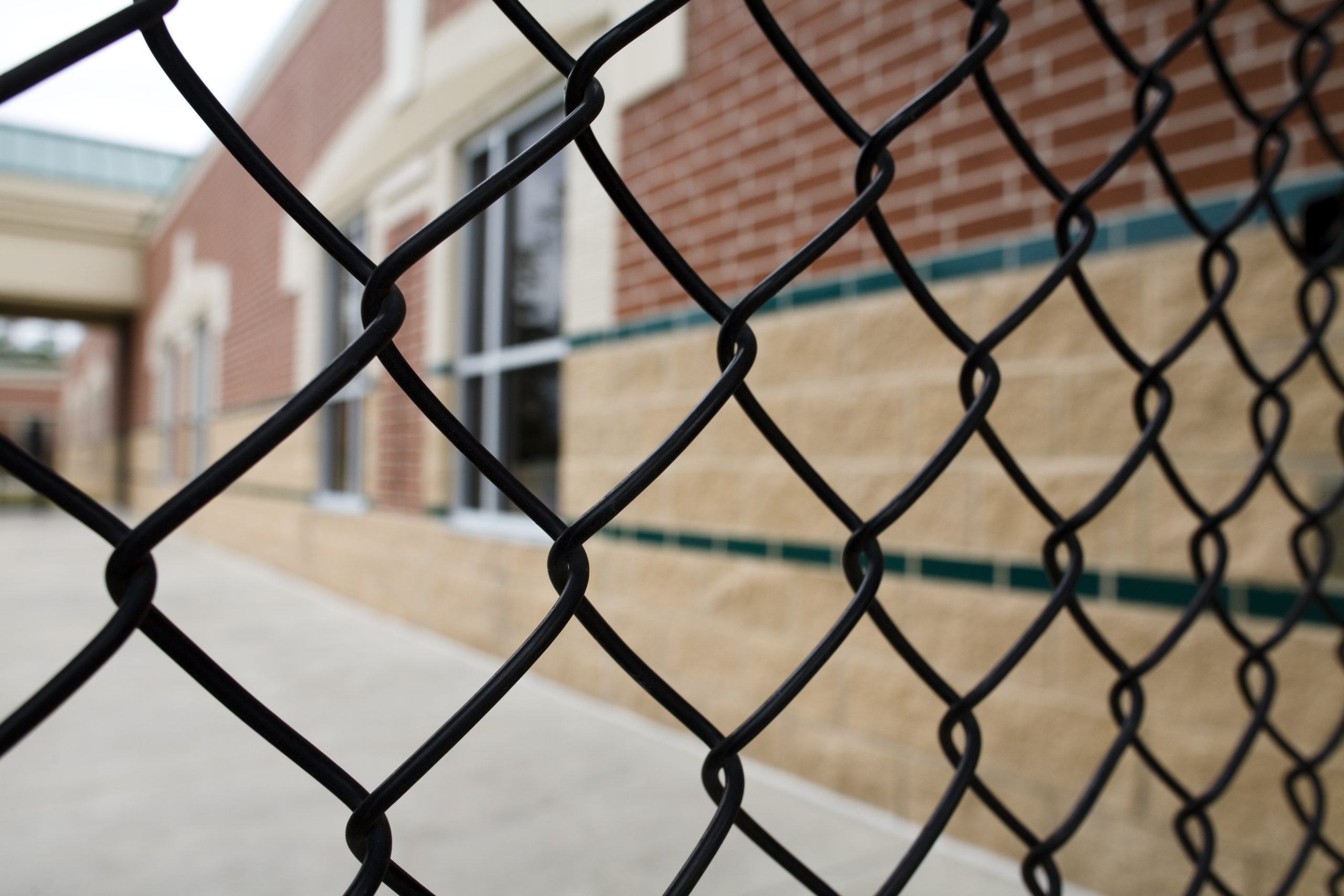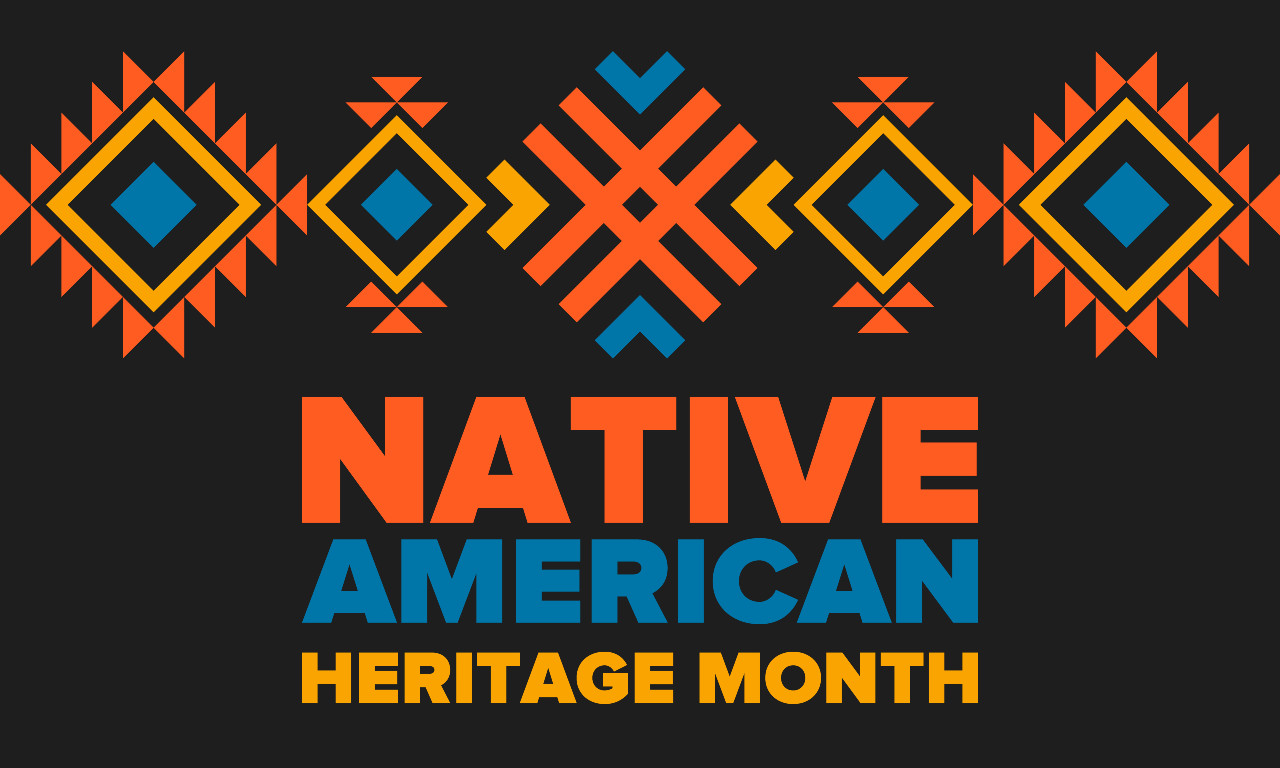The results of a survey conducted between September and October 2023 by University of Southern California’s Center for Applied Research in Education on current issues including what educators teach, what books are available and assigned to students, and parental control are covered in the report Searching for Common Ground: Widespread Support for Public Schools but Substantial Partisan Divides About Teaching Contested Topics.
A nationally representative group of 3,905 adults responded to the survey and about 50 percent said they reside in the same household as a K-12 student. Among all respondents, 40 percent said they were Democrat/Democrat-leaning, 34 percent were Republican/Republican-leaning and 27 percent were independent or belong to another party.
Asked about spending public education dollars to improve the quality of public education versus allocating funds to low-income families to send their children to private schools, “adults across the political spectrum feel improving public schools is a better use of public funds than providing families with vouchers or education savings accounts,” researchers found. “Results also demonstrated strong support across the distribution of household income.”
There is also bipartisan support for most of the 12 potential purposes of public schools as identified by USC researchers. Respondents showed strong support for teaching children math, how to read and write, about government and other civics topics and preparing young people to have financially secure futures as well as on the general notion that a free education should be available to all children. However, the idea of “teaching children the importance of embracing differences,” established the greatest partisan divide as most Democrats viewed this as “very important” compared to a third of Republicans.
Further, researchers found that “average levels of support for the inclusion of LGBTQ-related scenarios in schools mask large, meaningful differences by party affiliation.”
The majority of Democrats and Republicans also differed on their feelings about teaching elementary students about slavery, civil rights and race-based inequity, with Democrats in support and Republicans opposed. Most respondents agreed on addressing race-related materials in high school. Republicans were not in favor of teaching about current-day racial inequity at any grade level.
“We also observed enormous partisan differences about concern for making children feel guilty about racial injustices, with Republicans concerned and Democrats not. The perception that current approaches to teaching about racial issues in schools may cause guilt could be a driving factor in the pushback against addressing these topics in schools,” researchers noted. “As a potential way forward, we observed bipartisan support (greater than 60 percent across political groups) for children reading books by authors from racial minority groups because those books provide different experiences and perspectives.”
Support for a variety of ways that parents can voice their disagreement with content being taught to their child was present across partisan lines. Some potential actions identified included talking to their child, child’s teacher or school board members about why they disagree with certain content, requesting that their child skip specified content and requesting that a teacher change lessons in the future.
“However, there is a striking lack of agreement about how schools should adjudicate situations in which a parent voices disagreement with a lesson, and when parents also disagree with each other about what ought to be done,” researchers said. “This disagreement is not partisan, meaning there isn’t a clear way forward regarding how the public thinks schools should respond to parents’ concerns about curriculum.”
Additionally, it was discovered that the use of statements explaining the logistical/educational downsides of asking for their student to be removed from a lesson as well as the positive impact of learning diverse perspectives makes adults less supportive of requesting alternate assignments/activities.
Learn more by reading the report here.





